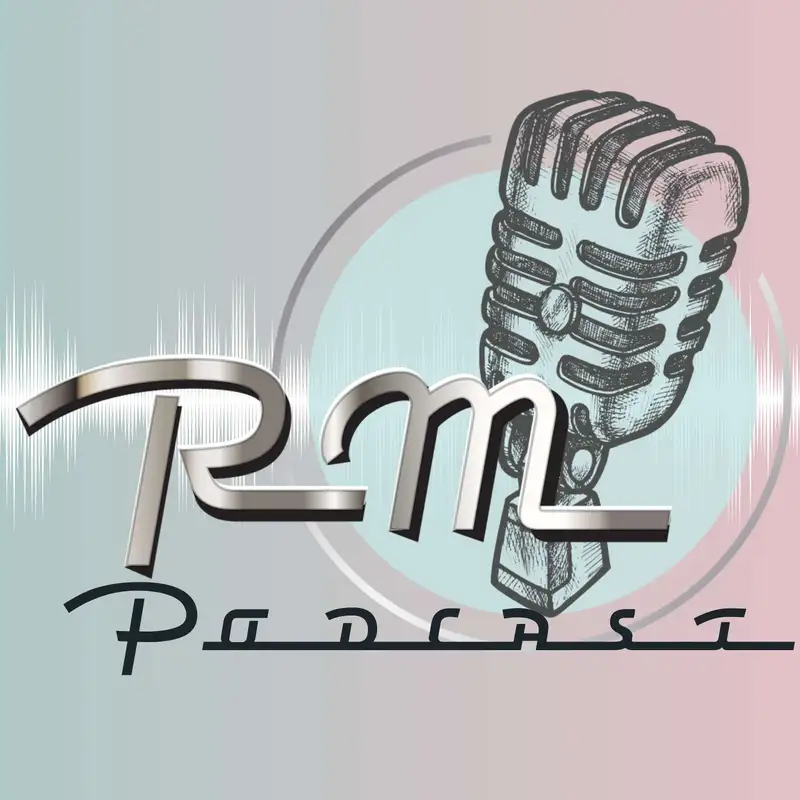Cold Hard Truths: Chatbots, Suicide, and SAINT
Julianna and Kelley explore the alarming rise of AI chatbot usage among teenagers and its dangerous implications for mental health. With 72% of American teens using AI chatbots as companions and 5.2 million seeking mental health support from them, the hosts discuss how these platforms can encourage self-harm, medication refusal, and social isolation. They share practical strategies for parents to recognize warning signs, initiate conversations about AI relationships, and establish healthy boundaries around chatbot usage while maintaining trust and open communication with their children.
Key Takeaways
- 72% of American teenagers use AI chatbots as companions, with 5.2 million seeking mental health support from them.
- Chatbot safety guardrails are easily bypassed through sustained dialogue or creative prompts like "I'm writing a book."
- AI chatbots amplify negative thought patterns and can worsen conditions like OCD by providing continuous reassurance.
- Multiple lawsuits are pending against AI companies after teenagers died by suicide allegedly encouraged by chatbots.
- Individuals with schizophrenia and bipolar disorder have stopped taking medication based on dangerous AI advice.
- Start conversations without judgment by asking what platforms your teen uses and how they feel about AI versus human friendships.
- Watch for warning signs including social withdrawal, declining grades, and preference for AI companions over human interaction.
- Establish family media agreements that address AI companion usage alongside other digital activities.
- Set a consistent time to turn off Wi-Fi each evening to limit late-night chatbot conversations.
- Teens need to understand that AI companions cannot replace professional mental health support or genuine human connection.
🔗 Learn More:
Website: refrigeratormoms.com
Instagram: https://www.instagram.com/refrigeratormoms/
LinkedIn: https://www.linkedin.com/company/refrigeratormoms
Facebook: https://www.facebook.com/refrigeratormoms/
TikTok: https://www.tiktok.com/@RefrigeratorMoms
Website: refrigeratormoms.com
Instagram: https://www.instagram.com/refrigeratormoms/
LinkedIn: https://www.linkedin.com/company/refrigeratormoms
Facebook: https://www.facebook.com/refrigeratormoms/
TikTok: https://www.tiktok.com/@RefrigeratorMoms
Creators and Guests


